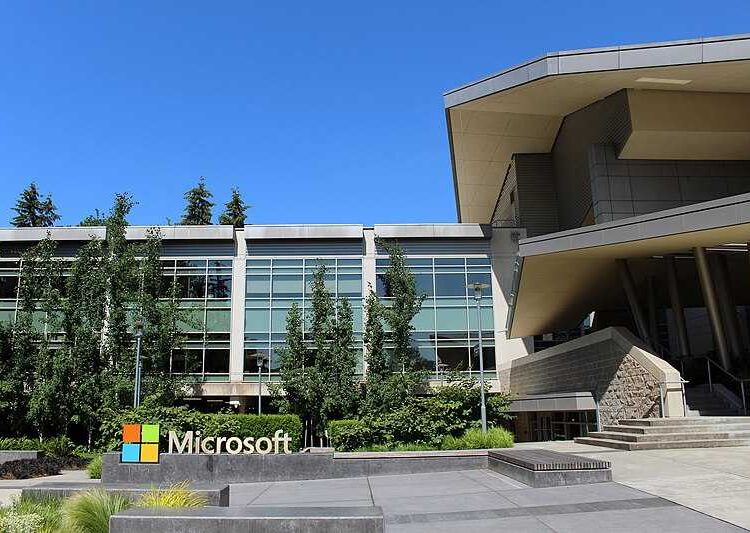As tensions rise, Hezbollah scrambles to secure its operations and prevent further losses.
- Hezbollah is reeling from a series of Israeli airstrikes and attacks that compromised its communication systems.
- The militant group is investigating potential moles within its ranks and security gaps in its operations.
- Israeli Defense Minister warns of continued military actions against Hezbollah, raising fears of a wider conflict.
- The attacks have resulted in significant casualties, with at least 37 dead and nearly 3,000 injured.
- Hezbollah’s leader, Hassan Nasrallah, described the situation as an unprecedented blow to the group.
- U.S. officials express concern over the potential for a ground offensive by Israel in Lebanon.
- The attacks have heightened fears of regional unrest and the resurgence of extremist groups.
Hezbollah is currently in a state of turmoil following a brutal week marked by intense Israeli airstrikes and attacks that have severely impacted its communication systems. The militant group is actively searching for security vulnerabilities and investigating the possibility of moles within its organization. This comes as Israel has ramped up its military efforts to counter Hezbollah’s rocket and drone attacks, which have led to the evacuation of over 50,000 residents from northern Israel. Israeli Defense Minister Yoav Gallant has indicated that military actions will persist, raising concerns about a potential wider conflict. nnThe recent attacks have resulted in at least 37 fatalities and nearly 3,000 injuries among Hezbollah members. In a speech, Hezbollah leader Hassan Nasrallah acknowledged the unprecedented nature of the blows the group has suffered. The initial attack caused Hezbollah’s pagers to explode, prompting a scramble to restore communication lines. A subsequent wave of explosions targeting walkie-talkies further exacerbated fears about the integrity of the group’s communication infrastructure. nnIsrael has conducted extensive airstrikes on what it claims are Hezbollah rocket launch sites, coinciding with Nasrallah’s speech. The Israeli military’s capabilities have been highlighted by the successful infiltration of Hezbollah’s communication networks, which were compromised through a supply-chain intrusion. Reports suggest that Israel embedded explosives in devices distributed to Hezbollah members, triggering simultaneous explosions. nnAs Hezbollah grapples with the fallout from these attacks, it faces the challenge of restoring its communication systems and addressing potential internal leaks. Experts believe that the psychological impact on Hezbollah’s rank and file is significant, leaving them feeling rattled and uncertain. nnThe ongoing violence along the Israeli-Lebanese border has raised alarms among U.S. officials, who fear that the situation could escalate into a full-scale war. Despite the recent setbacks, analysts suggest that Hezbollah may become more resolute in its resistance against Israel. Nasrallah has vowed that retaliation will come, although he has not specified the timing or nature of the response. The conflict continues to evolve, with both sides navigating a precarious balance to avoid a broader confrontation.·
Factuality Level: 7
Factuality Justification: The article provides a detailed account of recent events involving Hezbollah and Israel, including specific incidents and quotes from officials. However, it contains some speculative elements and opinions from experts that may not be universally accepted, which affects its overall objectivity.·
Noise Level: 7
Noise Justification: The article provides a detailed account of recent events involving Hezbollah and Israel, including the implications of military actions and the internal challenges faced by Hezbollah. It offers insights into the strategic dynamics of the conflict and includes quotes from experts, which adds depth. However, while it stays mostly on topic, it could benefit from a more critical analysis of the broader implications and potential long-term trends, which prevents it from achieving a higher score.·
Key People: Yoav Gallant (Israeli Minister of Defense), Lloyd Austin (U.S. Defense Secretary), Hassan Nasrallah (Hezbollah leader), Herzi Halevi (Israeli chief of staff), Fawaz Gerges (Middle East expert and professor of international relations at the London School of Economics)
Financial Relevance: No
Financial Markets Impacted: The article discusses military actions and tensions between Hezbollah and Israel, which could indirectly affect regional stability and investor sentiment but does not directly impact financial markets or companies.
Financial Rating Justification: The article primarily focuses on military conflicts and security issues rather than financial topics or market impacts.·
Presence Of Extreme Event: Yes
Nature Of Extreme Event: Armed Conflicts and Wars
Impact Rating Of The Extreme Event: Major
Extreme Rating Justification: The article discusses a series of military attacks by Israel on Hezbollah, resulting in at least 37 deaths and nearly 3,000 injuries, indicating significant human and psychological impact. The ongoing conflict poses risks of further escalation and regional unrest, justifying a Major impact rating.·
Move Size: No market move size mentioned.
Sector: All
Direction: Down
Magnitude: Large
Affected Instruments: No
 www.wsj.com
www.wsj.com 





